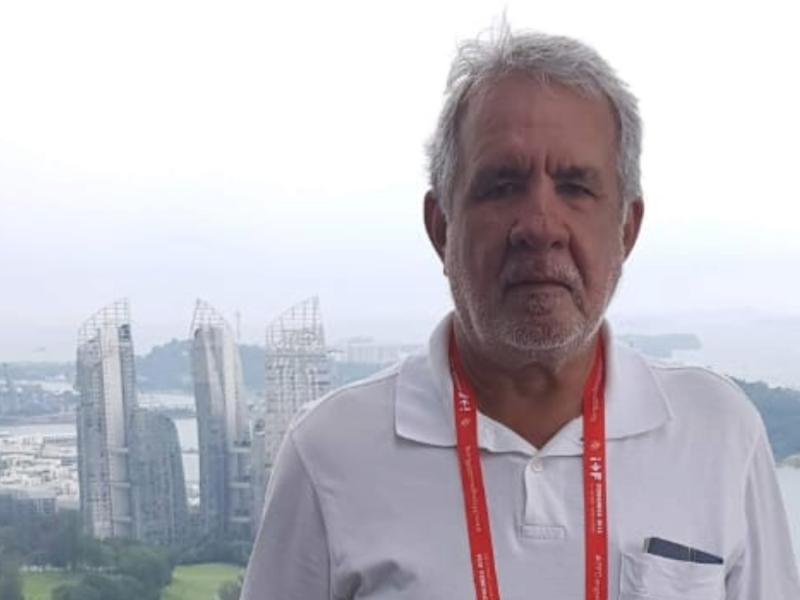Unions will continue fighting against the massive restructuring which has fragmented Africa’s rail industry over the past decades, a recent ITF conference revealed.
Nineteen delegates from 11 countries took part in the ITF African railway conference hosted by the Botswana Railways Amalgamated Workers’ Union in Gaborone on 19 and 20 February. They discussed ongoing problems workers face, the activities of multinationals and some recent union successes.
Delegates were told that Zimbabwe Railways is continuing to deny its workers entitlements to unpaid wages and allowances, now totaling USD 29 million (approximately £19 million) and that unions needed to work strategically to fight this. They heard how Rio Tinto had demanded that the Namibian Transport and Allied Workers’ Union accept operation of the railways as an essential service, which flies in the face of numerous ILO decisions on freedom of association. And they pledged further support for rail workers in Burkina Faso in their long-standing dispute with the French giant Bolloré Group over unfair redundancies.
There were also examples of good news. In Mozambique, despite a reduction of two-thirds in the industry workforce, SINPOCAF successfully recruited more than 600 newly employed workers within four months of completing an organisers’ training programme sponsored by the ITF African office. Elsewhere, a campaign by the Uganda Railway Workers’ Union won permanent employment status for precarious rail workers; the National Union of Railway Workers in Nigeria improved conditions for their members through a mass strike action; and the South African Transport and Allied Workers’ Union has developed a counter-proposal to a government plan to cut rural passenger services.
Mac Urata, ITF inland transport secretary, commented: "I am encouraged to see our rail unions in Africa committed to carrying on the fight to protect their workers against the onslaught from governments and employers on the rail industry. In some cases, they are learning from the mistakes they made in the past. Our discussions revealed a strongly united stand against privatisation.”
Joe Katende, ITF African regional secretary, added: "The ITF has an essential role to play in helping our African rail affiliates to communicate better with each other so that they can share their victories and problems and work together to find solutions. A high priority for all the unions must be organising unorganised workers in the rail sector, and preventing new investors from dismissing workers to avoid paying them their entitlements, as happened in both Rift Valley Railways and Burkina Faso Railways.”
The conference re-elected Gideon Shoko (Zimbabwe) as the chair for the railway section in Africa. Helena Cuna Ernesto (Mozambique), Rapheal Okoro (Nigeria) and Georges Fuki Mbumu (DRC) were newly elected as its vice chairs.



